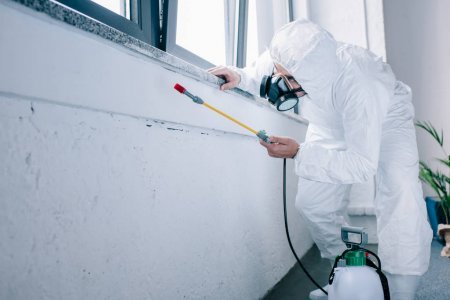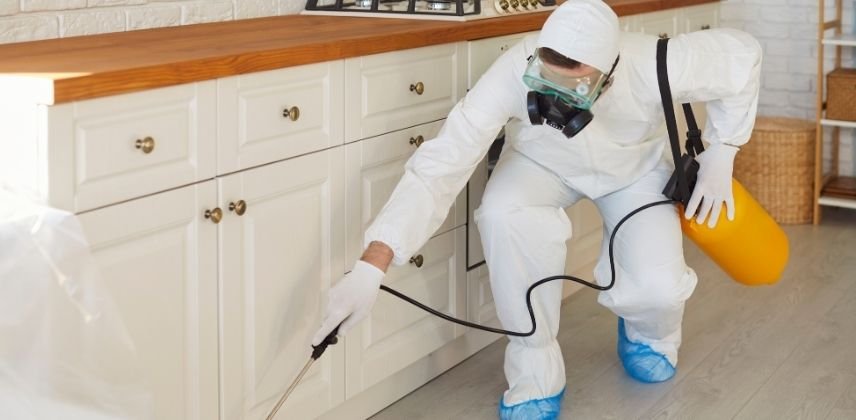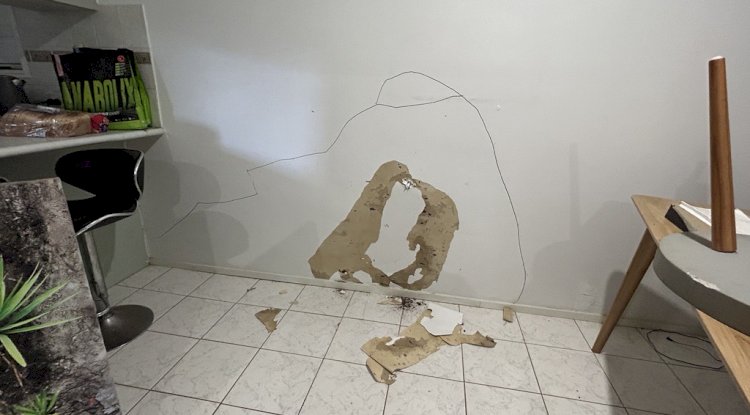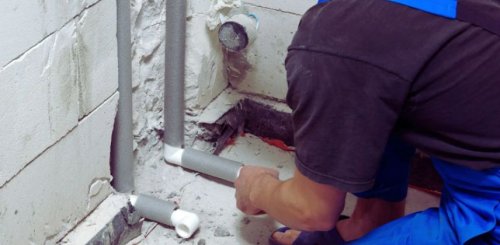General Pest Control: Embracing Environmentally Friendly Solutions

Maintaining a pest-free environment is essential for our comfort and health, but traditional pest control methods often involve harsh chemicals that can harm both the environment and non-target species. However, the good news is that there are alternative approaches that prioritize both effective pest management Perth and environmental sustainability. In this blog, we'll explore a range of environmentally friendly pest control solutions that allow us to coexist harmoniously with nature while keeping pests at bay.
Integrated Pest Management (IPM)
Integrated Pest Management is a holistic approach that combines various strategies to effectively manage pests while minimizing environmental impact. IPM focuses on prevention, monitoring, and using the least toxic solutions first. It involves identifying the pest, understanding its lifecycle, and using techniques like cultural practices (such as planting pest-resistant crops), mechanical controls (like traps and barriers), biological controls (using natural predators), and judicious use of pesticides only when necessary.
Natural Predators and Beneficial Insects
Nature provides its own pest control mechanism through the presence of natural predators and beneficial insects. Ladybugs, lacewings, parasitic wasps, and predatory mites are just a few examples of insects that can keep pest populations in check. Attract these beneficial insects to your garden by planting a diverse range of plants that provide them with food and shelter.
Biological Pest Control
Biological control involves introducing natural enemies of pests to manage their populations. For instance, releasing nematodes (microscopic worms) that parasitize and kill soil-dwelling insects or introducing specific predators to target pest insects can be effective and environmentally friendly ways to control pests.
Neem Oil
Neem oil is a natural pesticide derived from the neem tree. It disrupts the growth and reproduction of insects and acts as an insect repellent. It's considered safe for humans, pets, and beneficial insects when used as directed. Neem oil can be used on a wide range of plants to control various pests.
Diatomaceous Earth
Diatomaceous earth is a fine powder made from the fossilized remains of diatoms, a type of algae. It works by physically damaging the exoskeleton of insects, causing them to dehydrate and die. It's safe for humans and animals, making it a useful tool for controlling pests like ants, roaches, and fleas.
Physical Barriers and Traps
Preventing pests from accessing your space through physical barriers can be highly effective. Use screens on doors and windows to keep out flying insects, seal cracks and crevices to prevent entry, and install mesh netting around plants to protect them from pests. Traps, such as sticky traps for flying insects or pheromone traps for certain pests, can help reduce populations without using chemicals.
Homemade Remedies
You can create your own natural pest control solutions using ingredients like garlic, onion, chili peppers, and soap. These homemade sprays can be effective against a variety of pests, from aphids to caterpillars. Just remember to test on a small portion of the plant before applying to the entire area.
Conclusion
Embracing environmentally friendly pest control solutions not only protects the ecosystem and non-target species but also ensures the health and safety of your family, pets, and beneficial organisms. By adopting integrated pest management practices, utilizing natural predators, and using natural remedies, you can strike a balance between effective pest control and environmental responsibility. Let's work together to create a pest-free environment while nurturing the delicate balance of nature.
Read More: Natural Pest Control Methods for a Healthier Home.
Share
What's Your Reaction?
 Like
0
Like
0
 Dislike
0
Dislike
0
 Love
0
Love
0
 Funny
0
Funny
0
 Angry
0
Angry
0
 Sad
0
Sad
0
 Wow
0
Wow
0


















